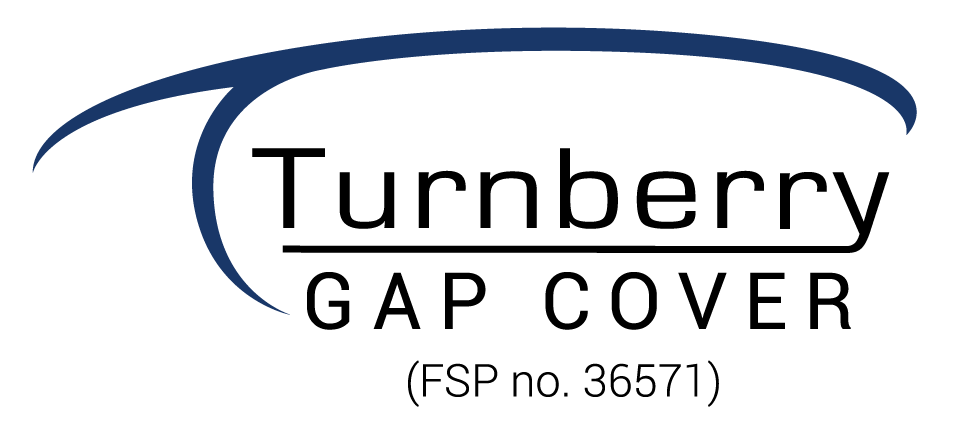
Brian Harris, General Manager Operations at Turnberry Management Risk Solutions
Baby’s and Beyond – 21st August 2024
Expecting a baby is often a profound and joyous experience, but it can also be an anxious time due to the many unknowns to contend with. While medical aids provide a certain level of cover during pregnancy and childbirth, there can be significant medical expense shortfalls – adding to the stress. These shortfalls can leave new parents with unexpected expenses that could have a significant impact on the financial future of their new family. Gap cover can offer additional financial protection and peace of mind by covering these shortfalls, so young families can focus on the miracle of their new addition without worrying about how they will pay for significant out-of-pocket hospital and medical expenses.
Unexpected expenses
Different medical aid schemes and plan options will offer varying levels of cover during pregnancy, and often new parents can expect to pay for at least some of their day-to-day cover out of pocket. However, many people assume that the birth process itself will be covered, as it is a hospital procedure that requires members to preauthorise their birth.
The reality, though, is that there are many areas where you can experience medical expense shortfalls related to childbirth. Most medical schemes will cover up to the scheme rate, or two to three times the scheme rate for caesarean sections. However, specialists like obstetricians and anaesthetists frequently charge up to 500% of the scheme rate. In addition, on certain plans, you may be subject to using a Designated Service Provider (DSP) hospital and doctor and using providers outside of this network can attract penalties and co-payments.
Medical expense shortfalls related to childbirth can easily reach R45,000 or more between obstetricians, anaesthetists and paediatricians, for the birth alone. Should complications occur, such as the need for a stay in the Neonatal Intensive Care Unit (NICU), there could potentially be further shortfalls and out-of-pocket expenses.
Covering that gap
No new family needs the added burden of trying to make payment arrangements, tap into savings, or potentially compromise their child’s financial future by having to pay for medical expense shortfalls that they were not expecting. From giving birth to post-birth complications and even conditions like neonatal jaundice that require babies to be re-hospitalised, the potential for shortfalls is significant. At Turnberry, we have seen a total of 1,116 maternity claims of over R15,000 to date – large sums of money that would put most people under strain – and when families have a second or third child, there will be even more shortfalls to cover.
The best advice is to hope for the best but prepare for the worst, and having gap cover in place is an essential part of this preparation. It is important to consider, however, that most gap cover providers have waiting periods of between 10 months and a year for maternity benefits to kick in, so it pays to have this cover in place before you plan to start a family. This does not mean that once you are pregnant, it will be too late, since gap cover will cover future pregnancies and childbirth, and babies will be covered from the moment they are born.
Gap cover is not a once-off, but rather long-term protection against medical expense shortfalls that continue to increase and add up over the course of a lifetime. Pregnancy and childbirth are only the beginning, and gap cover is invaluable as children grow. Benefits such as cover for after-hours casualty visits offer peace of mind for parents when their babies or children fall ill or hurt themselves after hours or on the weekend. Furthermore, cover for shortfalls and co-payments will always be there for accidents and illness as families grow and change.
When considering gap cover options, it’s important to speak to a qualified financial advisor or insurance broker who can help you navigate the different plans and ensure you find the right cover for your family’s needs and budget. They can provide personalised guidance and recommendations to help you make an informed decision and protect your family’s financial future.
https://getcovered.turnberry.co.za/app/1
What is Gap Cover?
https://getcovered.turnberry.co.za/app/1
Client Testimonials
We were able to use the best obstetrician in town to delivery our baby without having to worry about his rates exceeding medical aid rates. As a result my wife was able to leave hospital the day after giving birth to our son, and was able to move around freely, without much pain almost immediately upon returning home, Contrast to our first son’s delivery, where she was in a lot of pain and unable to move freely for almost a week. Our son was born during covid-19 lockdown so getting in and out of hospital quickly was vital. It is definitely worth it. Medical costs, and in particular surgery and specialist costs can be excessive, and gap cover allows peace of mind, knowing that all costs will be taken care of.
As a parent when your child is sick, you want to be able to provide them with the best care. Gap Cover could be invaluable to help you achieve this as can be seen with one of our latest claims. After Monique and Hein had been to different specialists their Baby Amelie was diagnosed with Hyperostosis of the skull, a rare condition which causes thickening of the skull. At the end of November 2018 Brave Baby Amelie, under the care of a specialised Neurosurgeon and a specialised Ear, Nose and Throat Surgeon, underwent an extremely complex surgery.
The difference between what the highly trained Specialists charged and what the medical aid paid for Baby Amelies’ surgery was R110 448.13, which was paid by Turnberry.
Monique and Hein were able to focus on Baby Amelie and not worry about Medical Expense Shortfalls as they have a Turnberry policy. A policy that Monique and Hein says has provided them with peace of mind.
